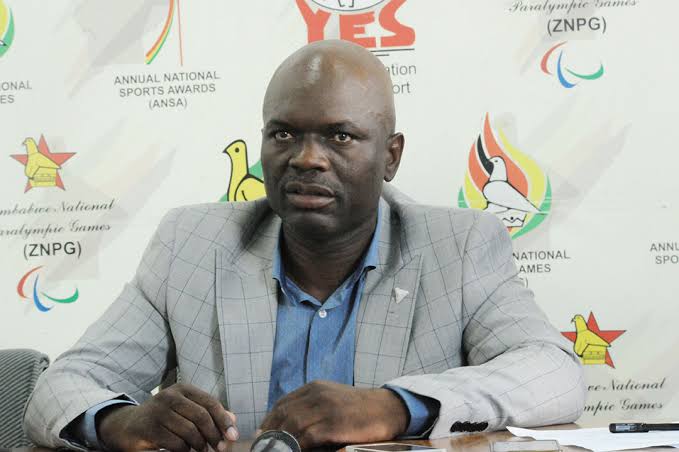
In a significant development for Zimbabwean football governance, former Zimbabwe Football Association (ZIFA) executives Felton Kamambo, Philemon Machana, Stanley Chapeta, Joseph Mamutse, and Brighton Malandule have been acquitted of fraud allegations. The court ruling, handed down by regional magistrate Taurai Manuwere, found the five not guilty of misrepresenting themselves as ZIFA officials and issuing suspension letters to other association officials while under suspension by the Sports and Recreation Commission (SRC).
The case against the former ZIFA executives unraveled due to a lack of incriminating evidence. Key testimonies from state witnesses, including SRC official Sébastien Garikai and ZIFA spokesperson Xolisani Gwesela, played a pivotal role in clearing the accused. Their statements corroborated the defense’s position and undermined the prosecution’s arguments.
Witness Testimonies Reveal Weaknesses
Xolisani Gwesela, the state’s second witness, admitted to the court that he was surprised the trial was ongoing, especially after the SRC, initially the complainant, had withdrawn from the case. Gwesela further stated that the suspension of the accused was effectively nullified as FIFA continued to recognize them as the legitimate ZIFA executive. This recognition by FIFA led to Zimbabwe’s suspension from international football activities, underscoring the legitimacy of the accused.
Gwesela added, “I only received an email from jmamutse@yahoo.com but I have no evidence that it was him who sent it. Anything is possible in cyberspace.” This acknowledgment cast further doubt on the authenticity of the communications used to support the allegations.
Sébastien Garikai, a senior SRC member, also highlighted the absence of direct evidence linking the accused to the emails in question. He noted that there was no verification conducted to prove that the five had indeed authored or sent the emails, nor did the suspension letter specify conditions that the accused were prohibited from undertaking.
When asked if the suspension conditions were communicated directly to the accused, Garikai admitted, “The suspension letter did not outline specific conditions.” He also acknowledged that FIFA’s rejection of the SRC’s suspension of the executives further undermined the SRC’s authority in the matter.
Defense Strategy and Acquittal
The five former ZIFA officials, represented by prominent lawyer Admire Rubaya, consistently maintained their innocence, denying any criminal wrongdoing. The defense argued that the prosecution failed to prove the charges beyond reasonable doubt, pointing to the lack of evidence and inconsistent testimonies.
The magistrate agreed, ruling that the prosecution’s case lacked substance. The acquittal brought to an end a long legal battle that had significant implications for Zimbabwe’s football administration.
Implications for Zimbabwean Football
The court’s decision comes at a time when Zimbabwean football has been striving for stability following FIFA’s suspension of the country from international competitions due to governance issues. The ruling highlights the challenges the SRC faced in substantiating its allegations and raises questions about the handling of internal disputes within ZIFA.
Moving forward, stakeholders in Zimbabwean football will need to address the governance challenges that led to these protracted legal battles and work towards rebuilding trust and credibility in the sport’s administration.
The acquittal of Kamambo, Machana, Chapeta, Mamutse, and Malandule is seen as a vindication for the officials and a critical moment in the ongoing dialogue about governance, transparency, and the rule of law in Zimbabwean sports.




